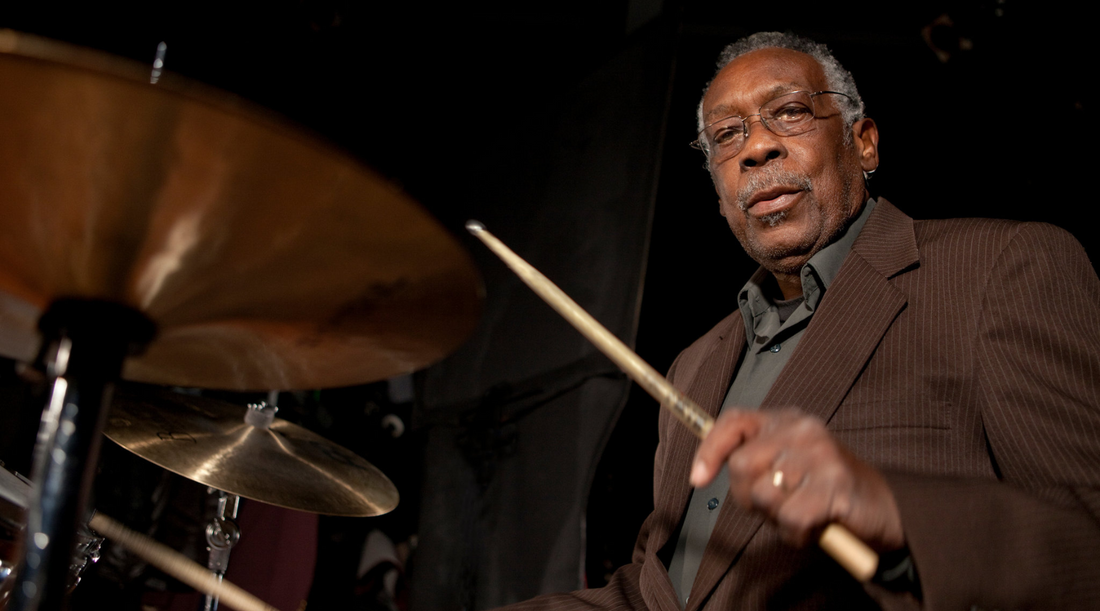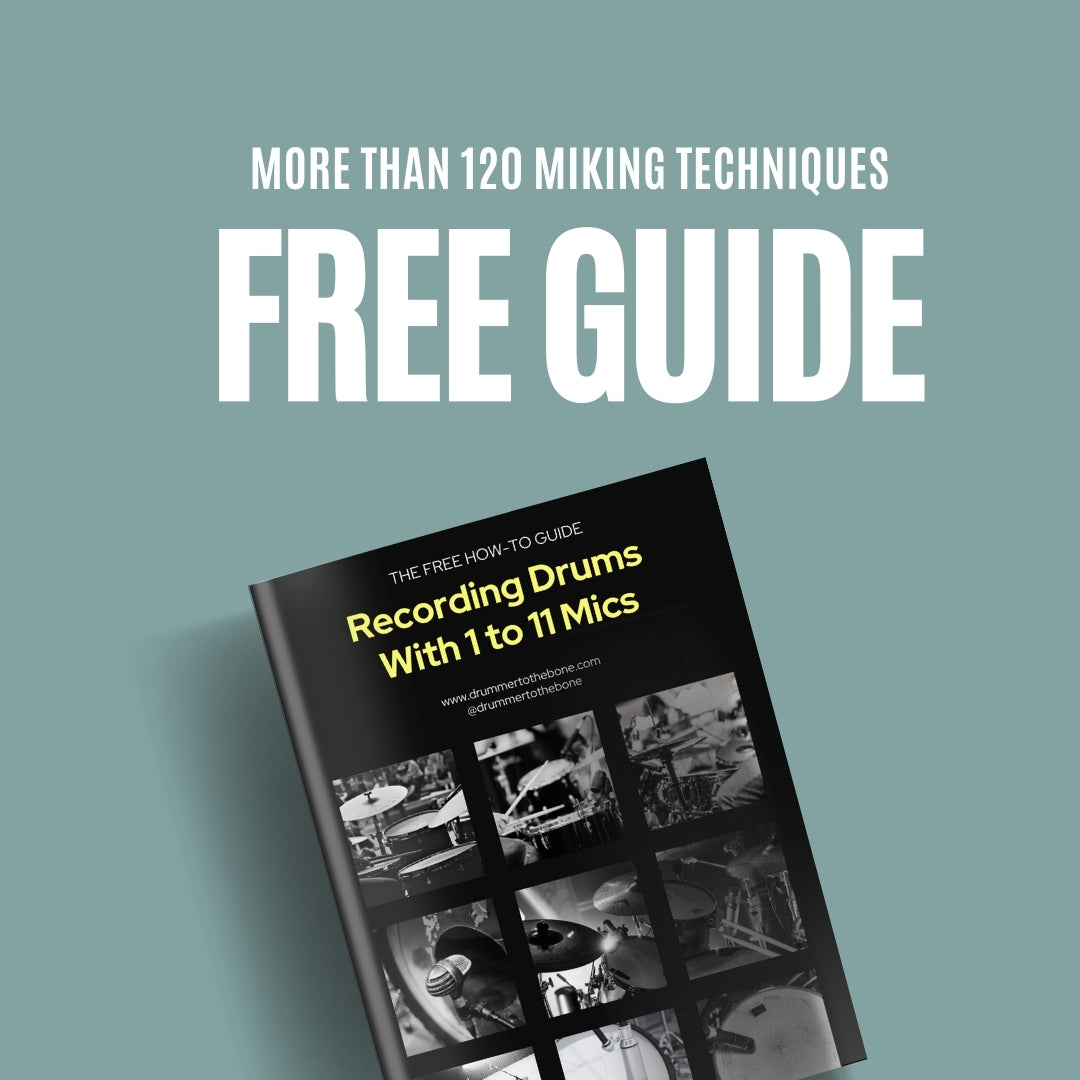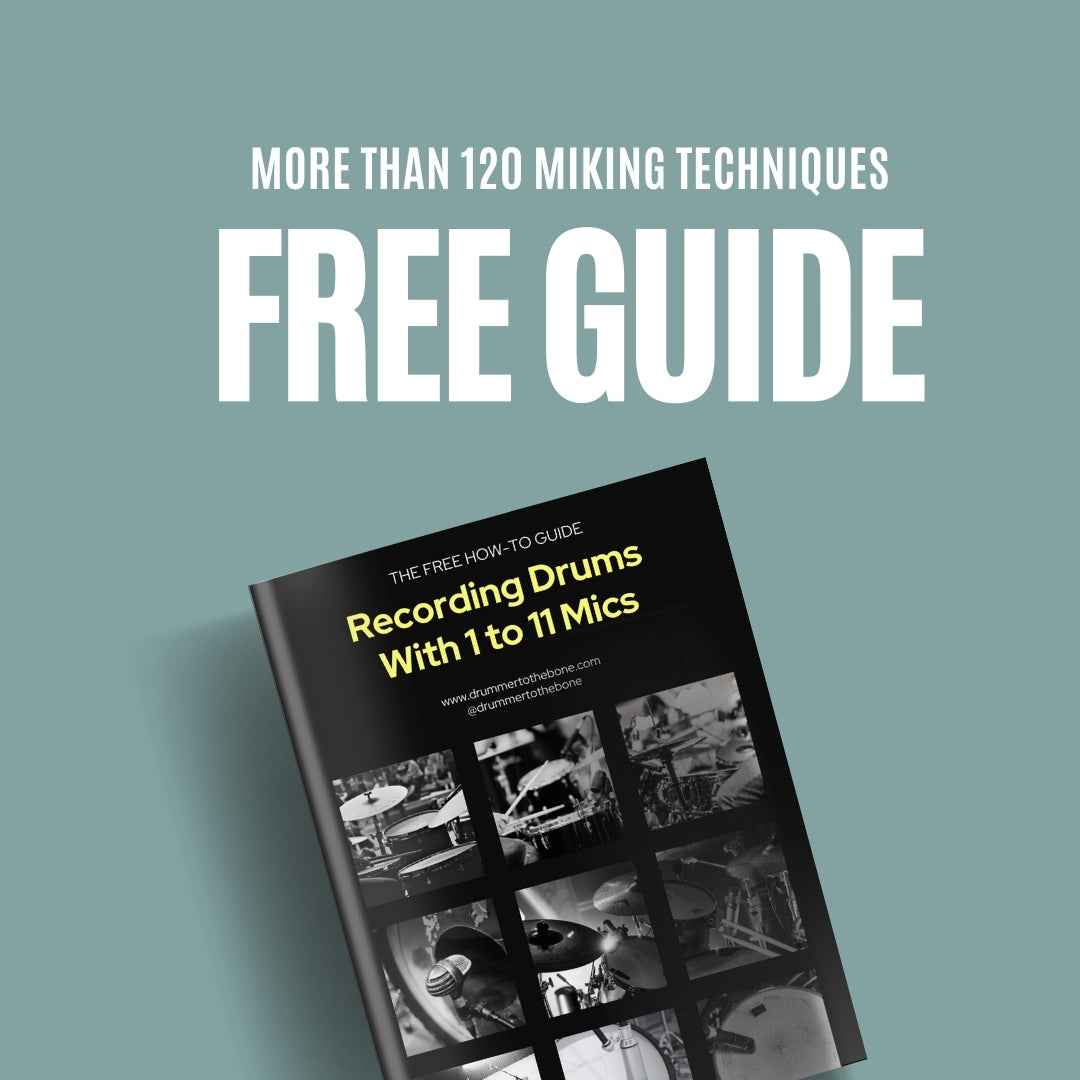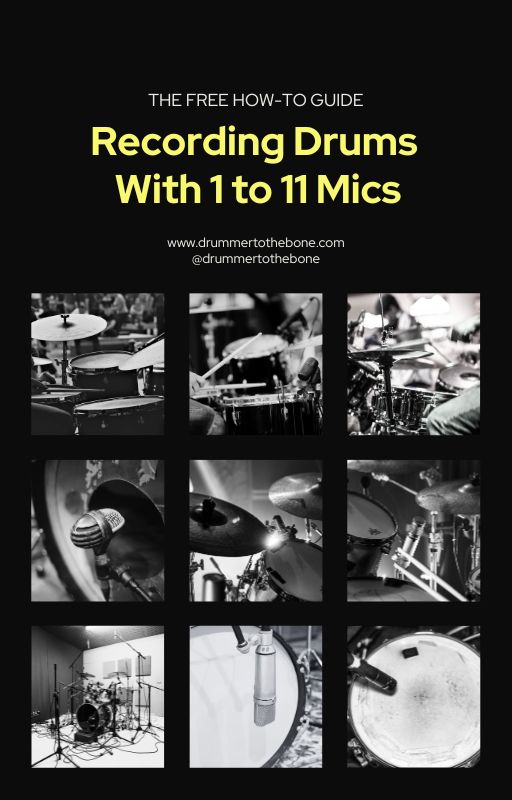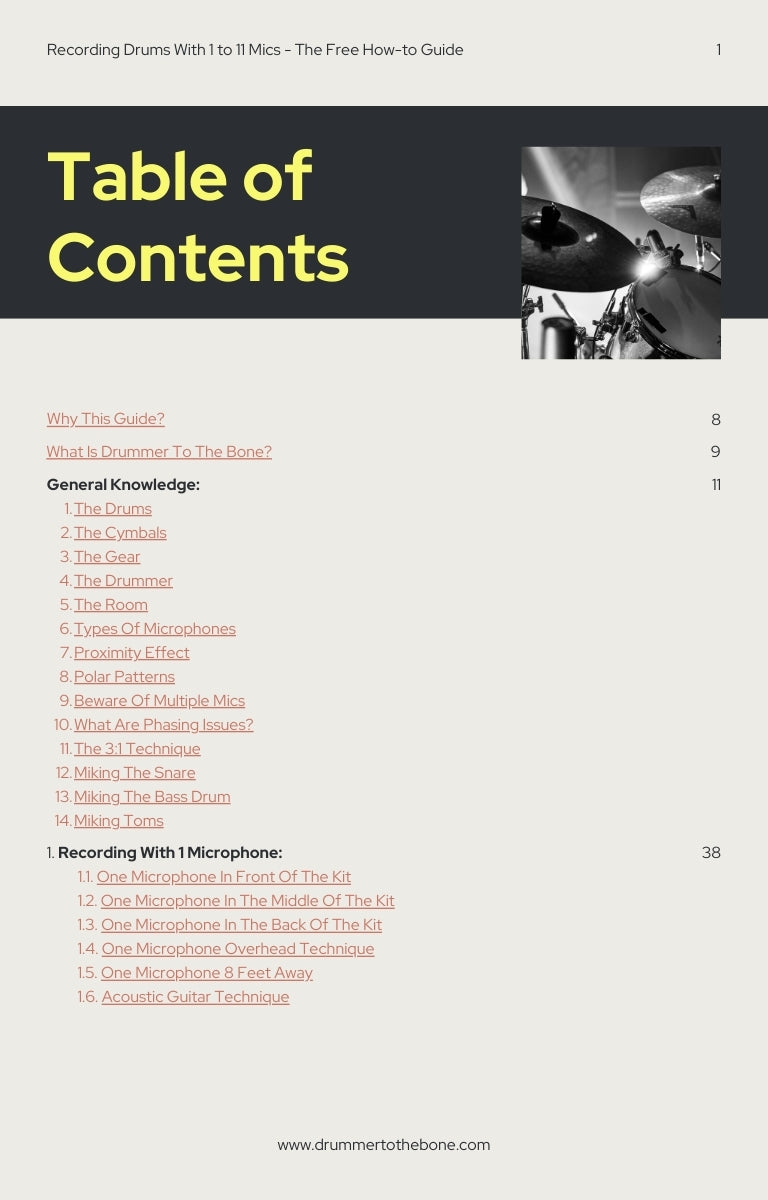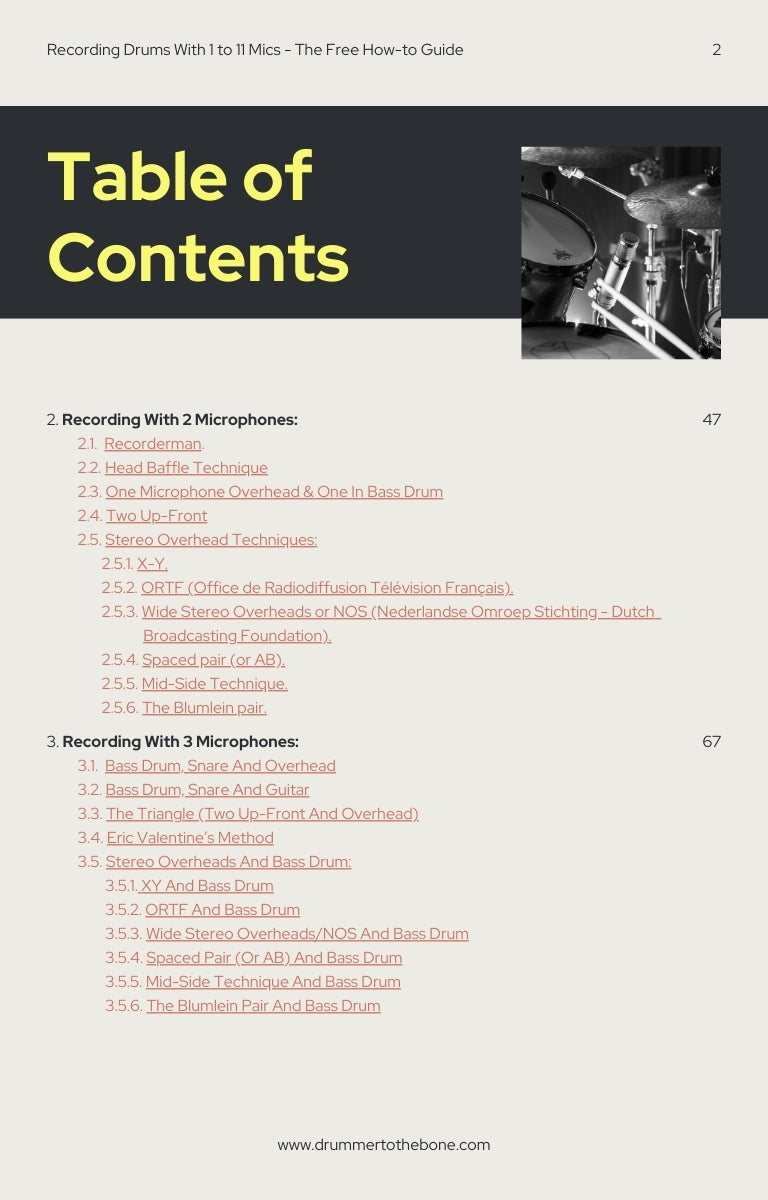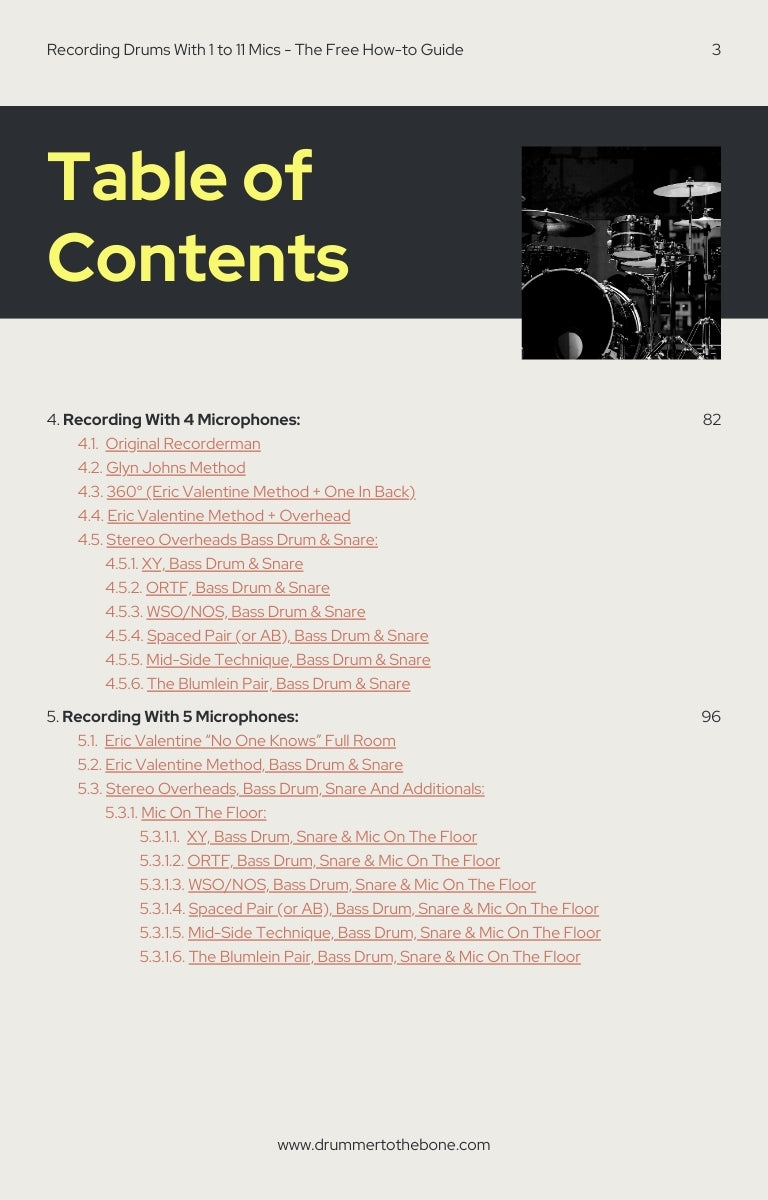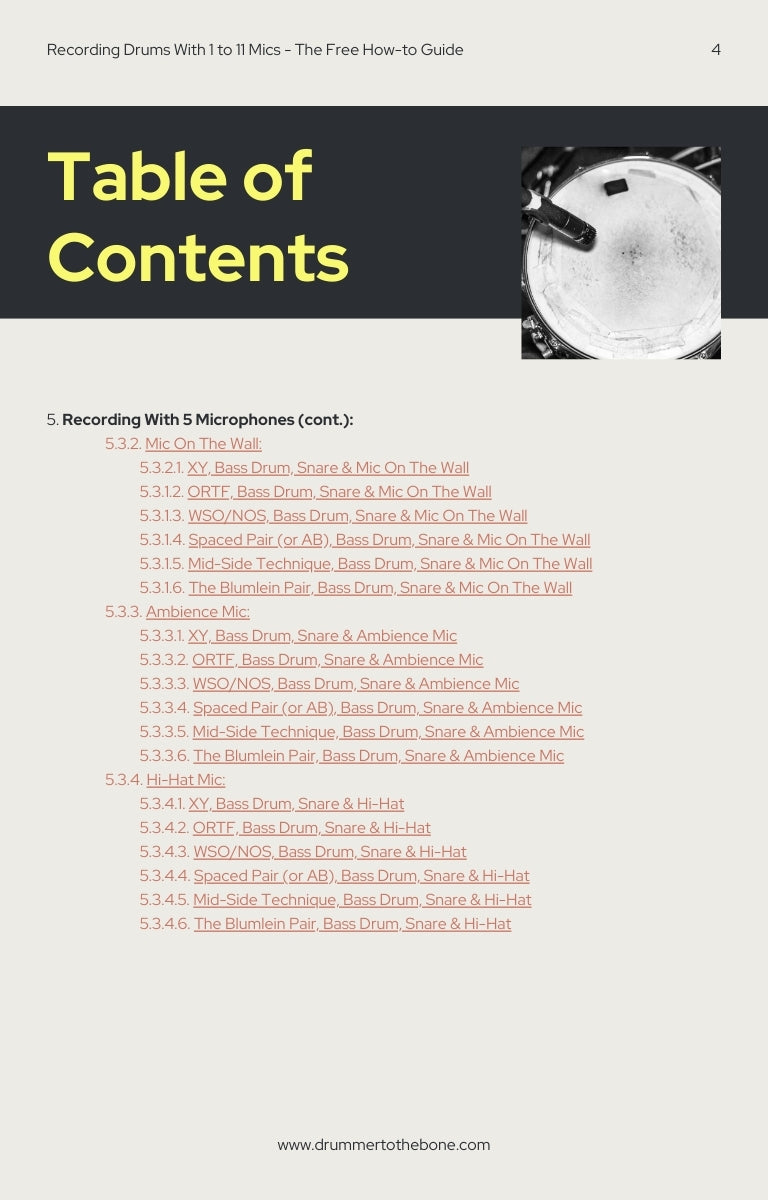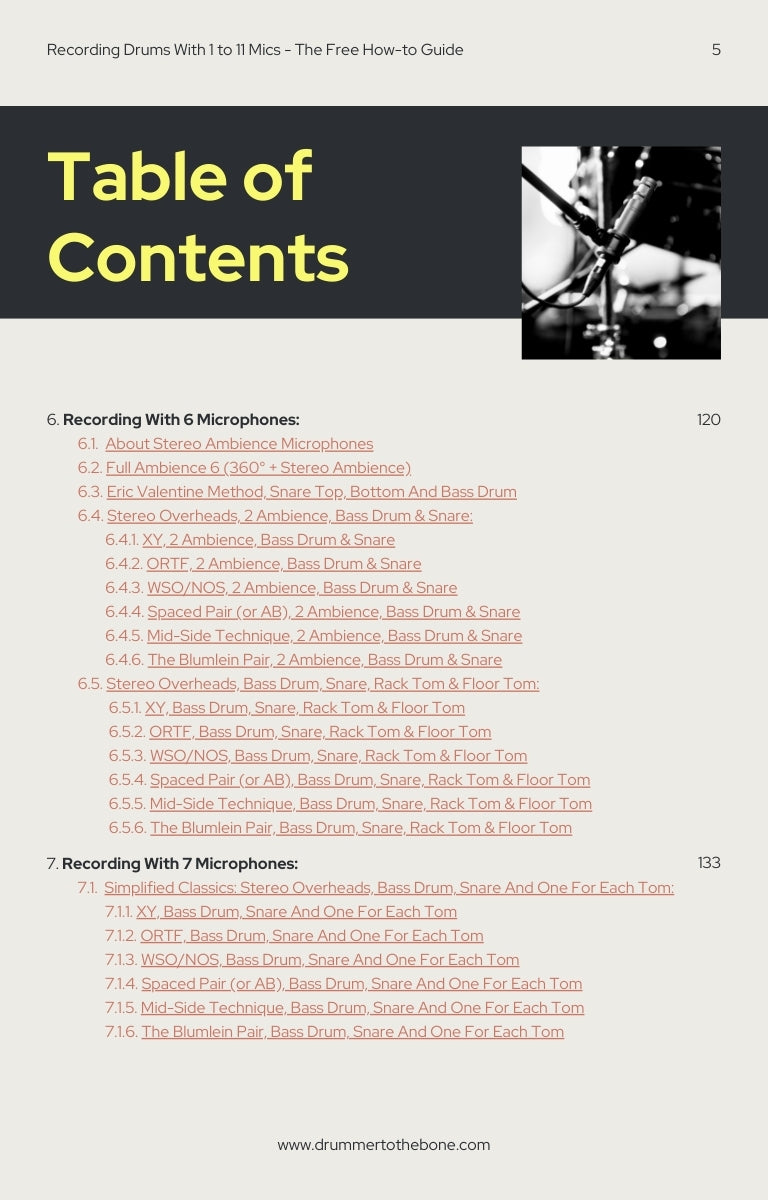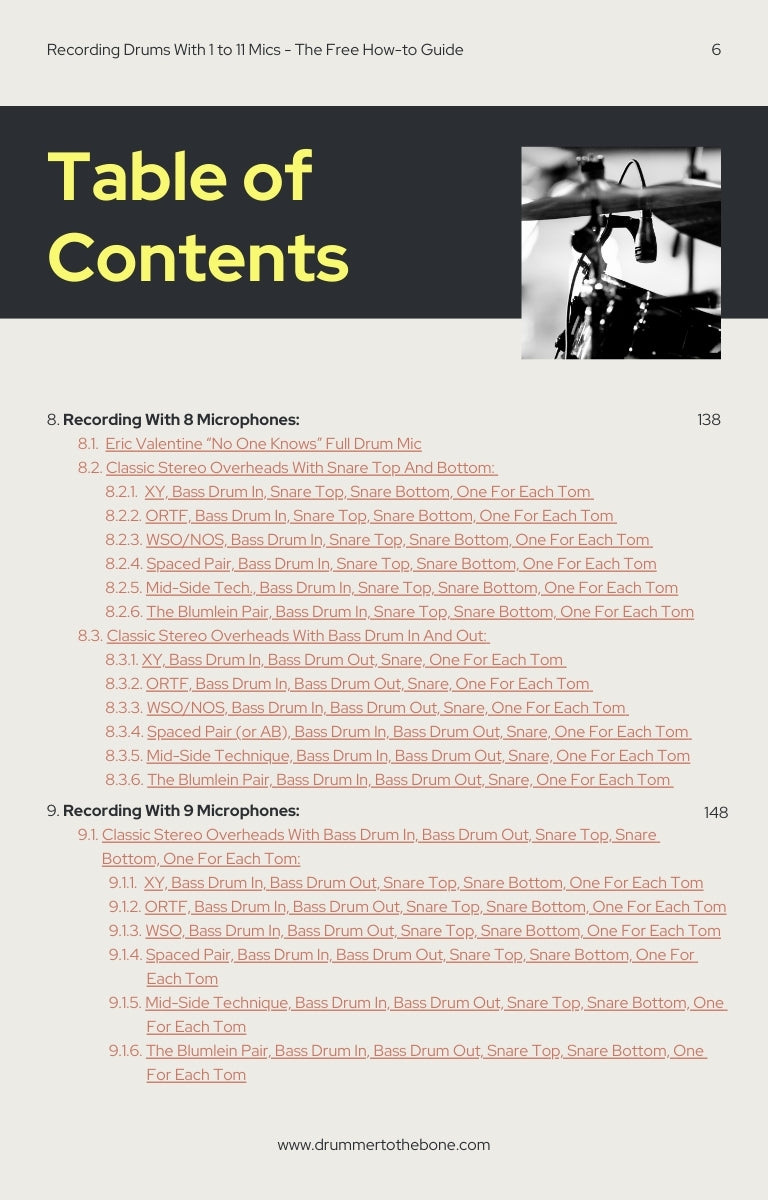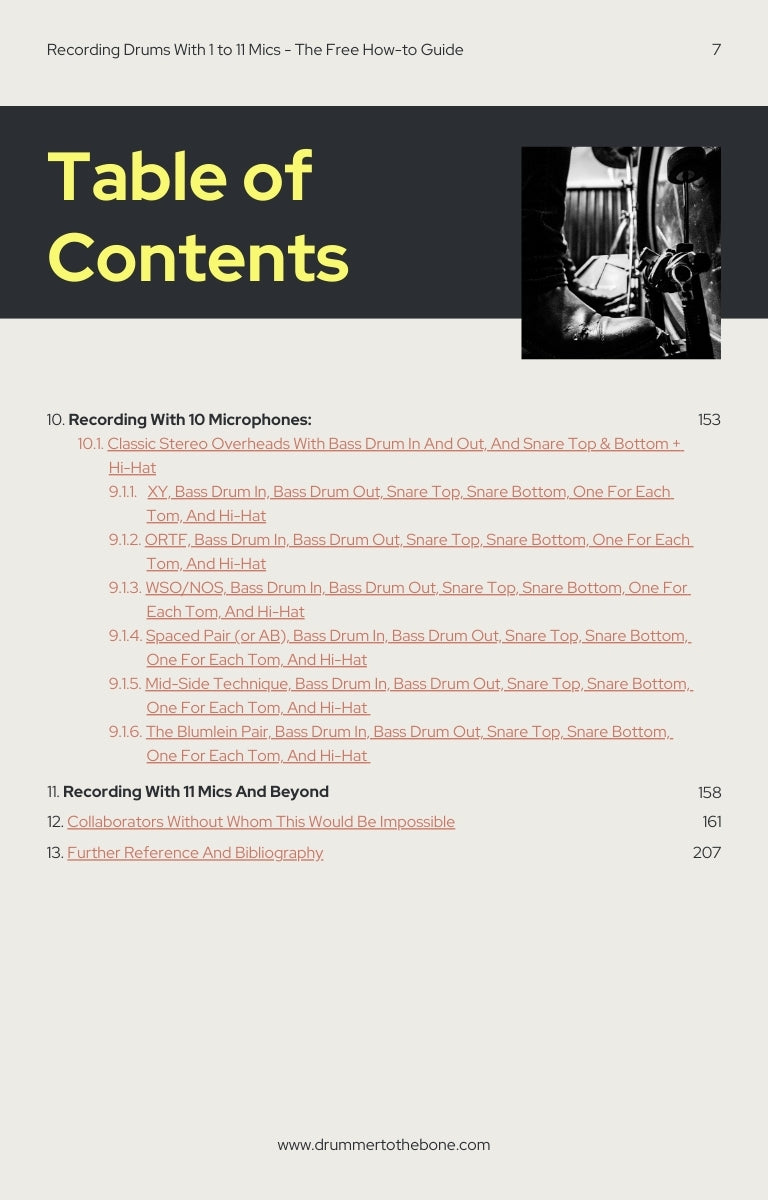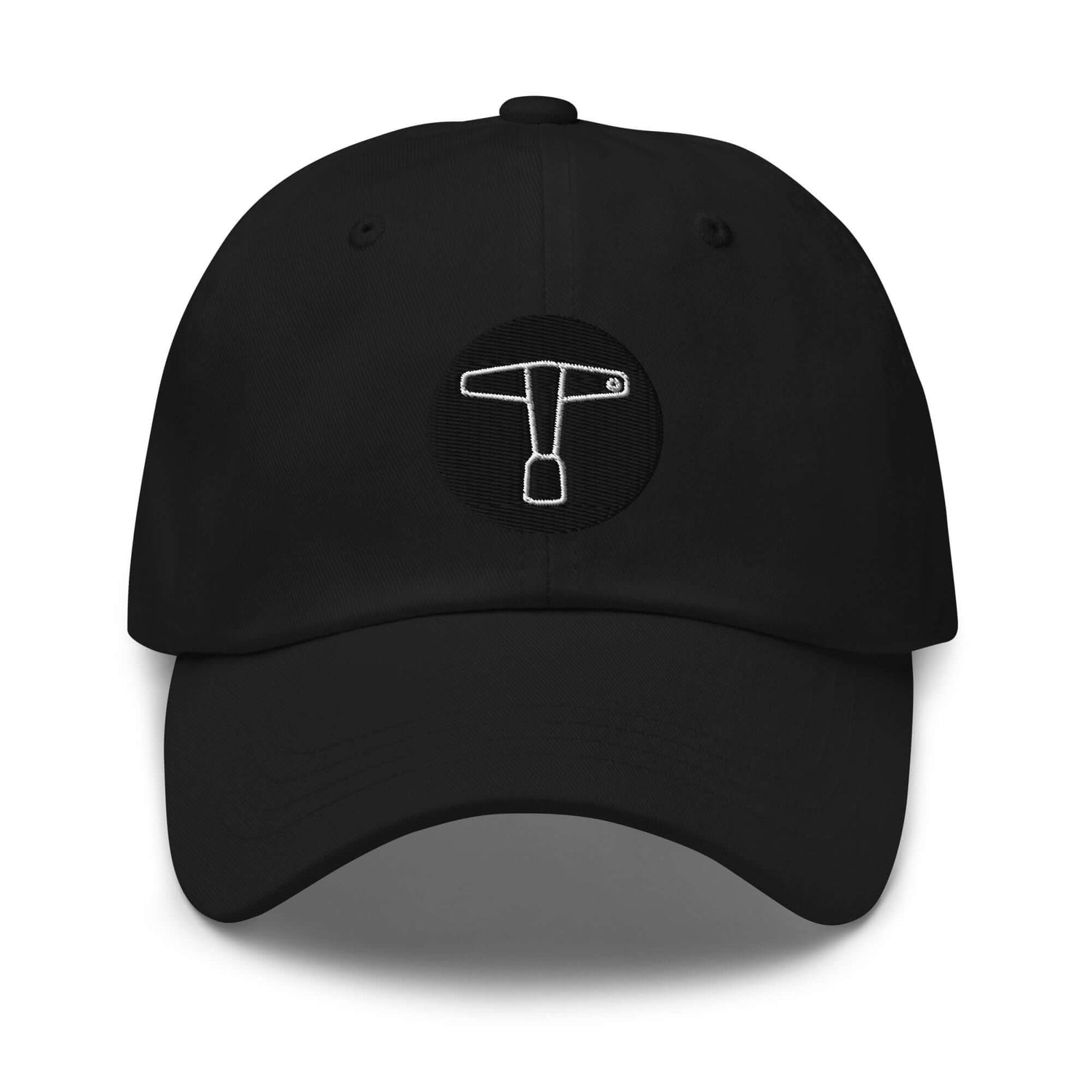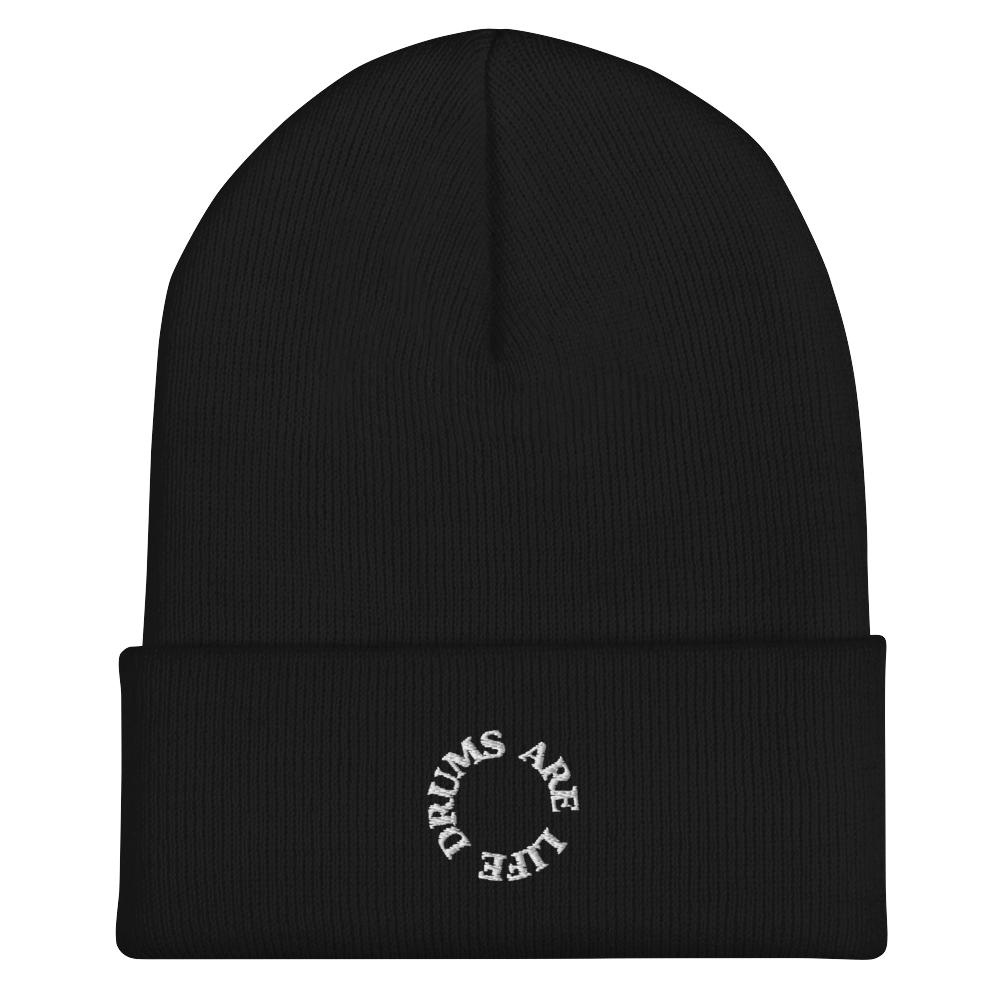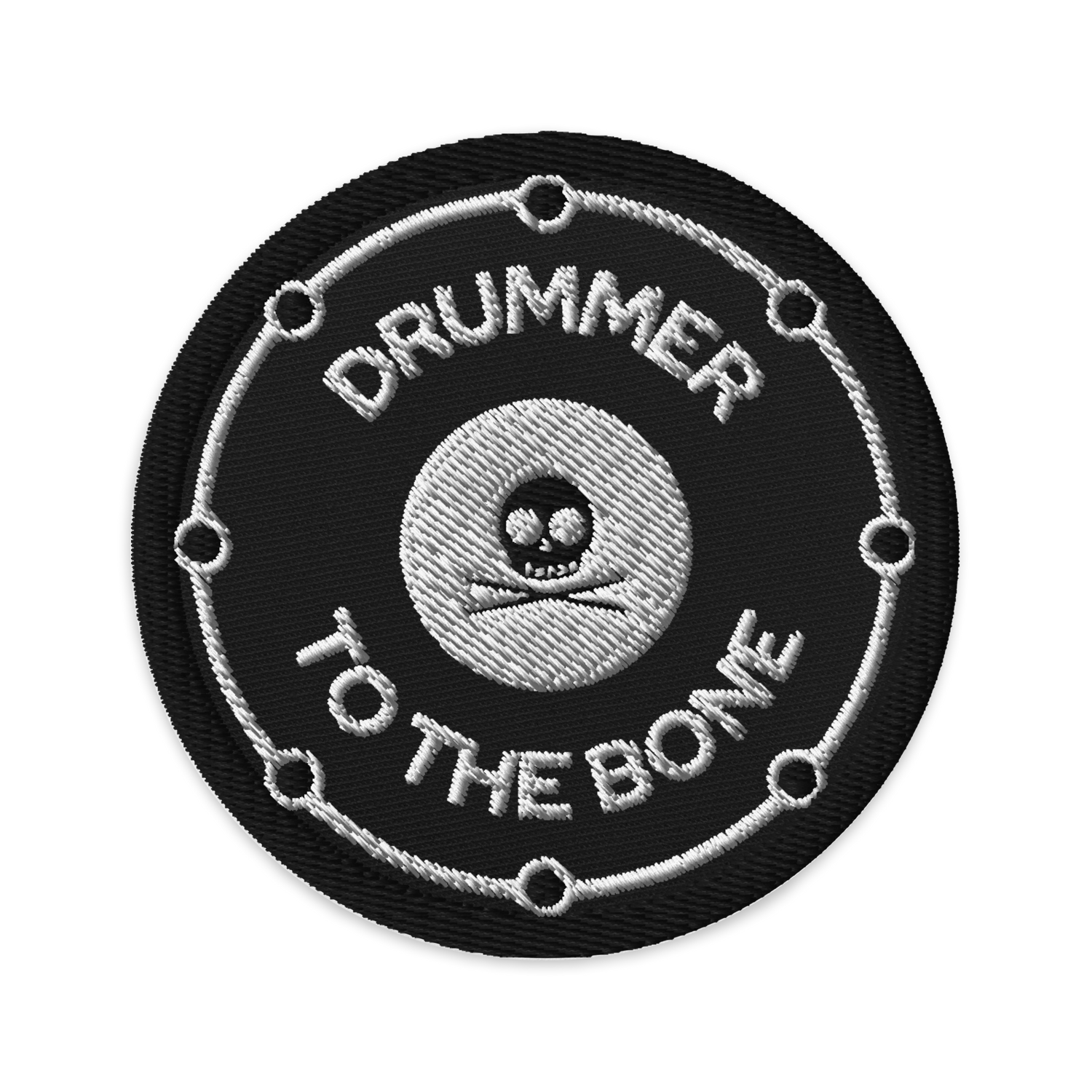
Many drummers think that when they record a song’s drum part - and then get published-, then their drum parts are automatically protected by law.
This is partially true. The nuances of this are very important.
Note: I am not a lawyer. This post does not represent legal counseling. It’s intended to be a guide based on personal experience with copyright laws and being involved with recording bands. Please, if you have any specific questions, reach out to your trusted certified legal expert.
Recordings are protected
The actual recording as a whole (aka: the record) is protected by law, hence can be copyrighted. Anyone who wants to use that recording or parts of it, would have to ask permission from the artist.
But what about if someone copies my entire drum part, but not the song?
Let’s suppose you play the entire drum part of Rush’s YYZ, hit by hit, create a new song on top of it and record it (If you do, you’re an insane genius and please send me a link). In that case, it could count as a transcription, and you could be sued for plagiarism.
And I say ‘could’ because this example is a tricky one. If it’s YYZ, then the drum part is so unique that if you were to record it hit by hit, it would not be difficult for a jury to note the similarities (if you play one on top of the other, and it matches, game over).
But what about a simple four-on-the-floor with accents-type of drum part? In that case, as you might imagine, it’s almost impossible to demonstrate a breach of copyright. A simple four-on-the-floor beat is not unique enough to claim ownership. There are thousands of songs with the same drum beat and format, so that wouldn’t fly in any court.
What if the drum beat is an integral part of the recorded song?
The best example of this is James Brown’s ‘Funky Drummer’. Arguably, the most sampled drum beat in history. Clyde Stubblefield’s drum beat is iconic and an integral part of the song. There’s no “Funky Drummer’ without the ultimate funky drummer playing in it!

Clyde Stubblefield, arguably the most sampled drummer in history.
Since what was being sampled is the actual record, then, of course, it is subject to copyright. The song is fully credited to James Brown (music and lyrics), so all royalties went to him. Clyde fought for recognition in his later years of life, but never received royalty payments. If only he had been credited as a composer instead of only being compensated as a session musician, Clyde would have probably died a very rich man.
So what is protected then?
The law makes it clear that lyrics, melody, harmony, and rhythm can be copyrighted. Especially lyrics and melody, because they are usually the backbone of a composition. And since arrangements are copyrightable too, harmony and rhythm usually fall into this category.
Can drum beats be copyrighted?
In short, no. Drum beats and drum patterns are not usually considered songwriting. Songwriting is what’s protected under the law.
Now, the recording of that drum beat is protected under the law. That’s the main difference. You can play most drum beats with any song (or get inspired by them, like John Bonham did in 'Rock and Roll' with Little Richard’s "Keep A-Knockin' (But You Can't Come In)"), but you cannot use the recording of that drum beat (use a section of a song) in another song without going through a licensing process.
Famously, Dave Grohl explained how he used a drum beat from The Gap Band on Nirvana’s “Smells Like Teen Spirit”.
Is this a good thing?
I think it is. If drum beats were copyrightable, then we wouldn’t be able to play most drum beats because they’d all be taken by now!
Absorbing inspiration from other drummers, by things you heard and putting your own spin to it are the backbones of creativity. As long as you’re not using someone else’s recording without permission, it’s all great to borrow and re-purpose.
State your worth
It's important for you to state your input in a song with your bandmates when deciding composing credits. If your drum parts are an integral part of the song, make sure you are also credited as a composer. In my last band, although the guitar player was the main composer, I wrote half the lyrics and we both arranged and produced the songs. So, most songs were credited to both. The drum parts were not otherworldly or necessarily unique, but we agreed that the drums helped to define the overall feel of the songs, so it was only fair that I was credited as co-composer - although I hadn't written a single note of the melodies and can't sing even if my life depended on it.
The law doesn’t recognize the drummer’s contributions in the same manner as the composer of the melody or lyrics, so it's crucial that you state songwriting credits before publishing. After that, it might be too late.

